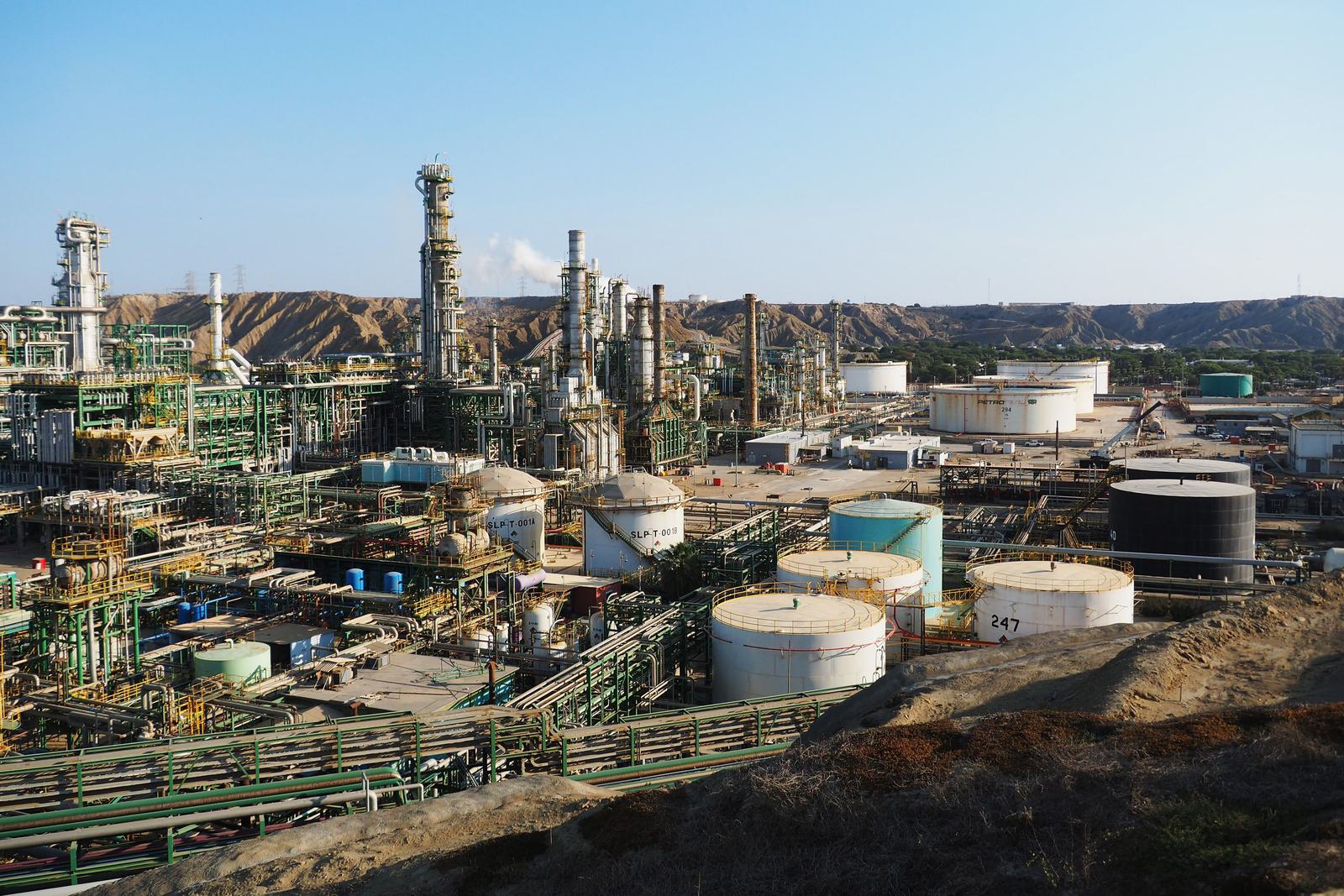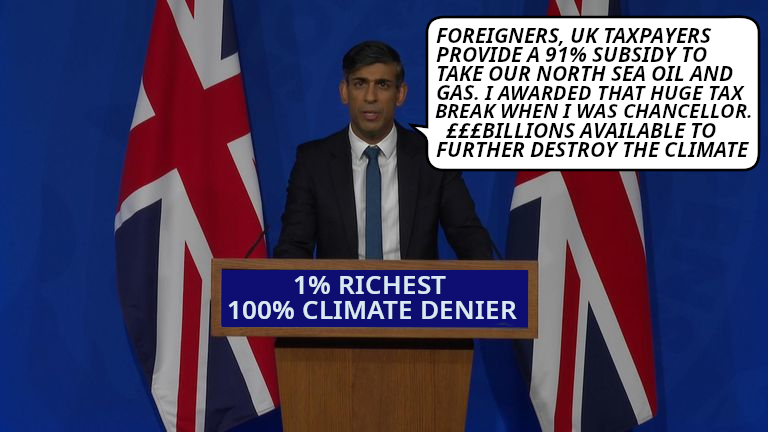Santander arranged billion-dollar oil bond after making green pledge
Original article by Nimra Shahid , Rob Soutar republished from The Bureau of Investigative Journalism under a Creative Commons Attribution-NonCommercial-NoDerivs 3.0 Unported License.

HSBC also helped on refinery deal that will boost Amazon oil production
The Pastaza River complex, the largest wetland in the Peruvian Amazon, is a hub of biodiversity. It is home to nearly 300 species of fish and rare birds, and a source of food for the numerous Indigenous communities that live there. Its freshwater tributaries, lakes and palm swamps offer a vital buffer against climate change and its international importance is recognised by Ramsar, the UN convention on wetlands conservation.
Slicing through this land is the Norperuano pipeline, a huge 1,100km structure owned by the national oil company PetroPerú. The pipeline has been the source of more than 53 oil leaks since 2013. PetroPerú spent more than $80m on cleaning up spills related to it between 2017 and 2020.
In December, PetroPerú hailed the completion of a $5bn, 10-year project revamping its Talara refinery on the country’s Pacific coast. This new-look facility will be the destination for huge amounts of oil being carried by the Norperuano pipeline across the country from the rainforest, where PetroPerú is set to drill at two controversial new sites. And working behind the scenes to aid the financing of this project have been major international banks that claim to hold strict green policies.
In 2021, Santander helped coordinate a bond that raised $1bn for PetroPerú, which sought funds to upgrade its Talara refinery and expand its capacity to process oil from the Amazon. Two years previously, it had ruled out providing finance or services for “projects or activities in recognised Ramsar sites”. HSBC, which has a similar policy restricting finance that affects wetlands, also worked on the deal.
The money raised by the bond was to be spent on the Talara upgrade, which PetroPerú says helped the facility “produce cleaner fuels” and expanded its processing capacity by nearly 50%, to 95,000 barrels of oil per day.
Much of that oil is likely to be transported through the Norperuano pipeline from the Peruvian Amazon, where PetroPerú has extraction contracts for two drilling sites, one of which also overlaps with the Pastaza wetlands.
“There can be no financing for a company that needs to expand oil production in areas as sensitive as Ramsar sites,” said Leila Salazar-López, executive director of Amazon Watch. She added that it was “difficult to understand” how a company that has demonstrated an inability to stop spills and repair its damage “can gain the confidence of ‘climate-responsible’ investors”.
Santander told TBIJ it did not comment on clients or transactions but said it “operates strict policies that govern our financing. This includes our social, environmental and climate change risk management policy, which governs our criteria to lend to sectors such as energy, mining, metals, and soft commodities.”
HSBC said: “We are committed to supporting a just transition in developing markets and are, therefore, engaging with clients on their transition plans and operating models. Our work with clients is in line with our policies which include specific standards for environmental and human rights considerations.”
Original article by Nimra Shahid , Rob Soutar republished from The Bureau of Investigative Journalism under a Creative Commons Attribution-NonCommercial-NoDerivs 3.0 Unported License.




/bnn/media/post_attachments/content/uploads/2023/12/swiss-inheritance-tax-proposal-20231227145538.jpg)